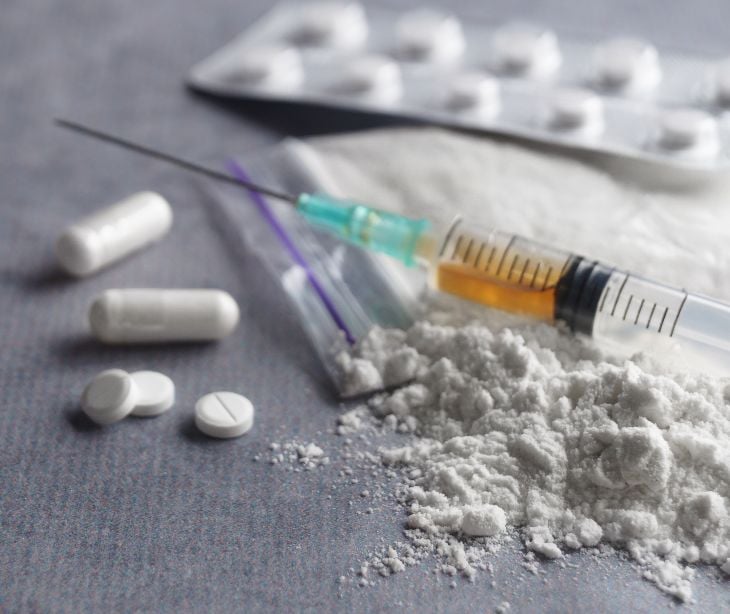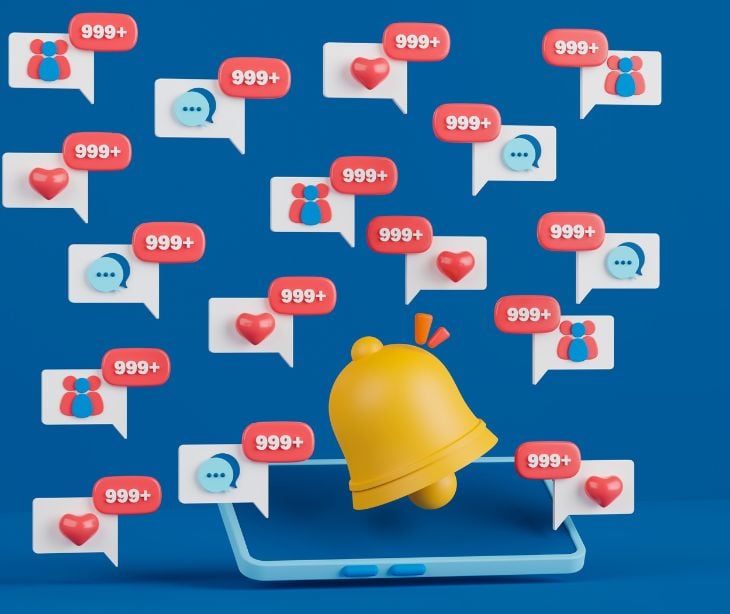3 min read
When can a healthcare provider share drug dependency information?
Kirsten Peremore
April 06, 2024

A 2021 study revealed: “Accurately identifying persons with addiction is critically important for effectively targeting treatment and harm reduction interventions. Misdiagnosis of addictive disorders can lead to a cascade of negative outcomes, including stigma, discontinuation of needed medications, undue scrutiny of both patients and physicians, and even criminal consequences.”
Given the prevalence of addiction, sensitive and appropriate treatment of substance abuse data is all the more necessary. HIPAA provides protections for this information, allowing only certain individuals to access it under very specific conditions.
What role does consent play in sharing drug dependency information?
Patient consent for sharing drug dependency information is typically obtained through a documented process where the patient is informed about what information will be shared, with whom, and for what purpose. This process often involves the patient signing a consent form. The form should meet the requirements outlined in 42 CFR Part 2, ensuring the patient understands and agrees to share their sensitive information. However, there are circumstances under which drug dependency information can be shared without explicit patient consent.
Exceptions to the general rules of confidentiality for drug dependency
In emergency circumstances, healthcare providers are permitted to share drug dependency information without patient consent. Such situations include medical emergencies where immediate care is necessary, and the patient cannot provide consent or when there's a serious threat to the health or safety of the patient or others.
Additionally, information can be disclosed if mandated by law, such as in cases of reporting certain injuries or infectious diseases. Healthcare providers determine the appropriateness of using these exceptions based on professional judgment, considering the urgency of the medical need and the patient’s capacity to provide consent.
See also: Understanding permissible disclosures in an emergency
42 CFR Part 2: Impact on sharing drug dependency information
42 CFR Part 2 offers a federal regulation specifically designed to govern the confidentiality of records related to substance use disorder treatment provided by federally assisted programs.
Stricter consent requirements: 42 CFR Part 2 requires explicit, written consent from patients before their drug dependency records can be shared. This consent must specify who is receiving the information, the purpose of the disclosure, and the scope of information being disclosed. This requirement is more stringent than the general healthcare consent standards under HIPAA.
Limited information disclosure: Even with consent, only information necessary for the stated purpose can be shared. This limitation means that detailed information about a patient’s treatment or diagnosis cannot be indiscriminately disclosed, even to other healthcare providers, without authorization.
Protections against legal use: Information disclosed under 42 CFR Part 2 cannot be used in criminal investigations or legal proceedings against the patient without a court order. This protection encourages individuals with substance use disorders to seek treatment without fear of legal repercussions.
Emergency situations: In emergencies, 42 CFR Part 2 allows for disclosing information without consent to medical personnel to the extent necessary to meet the emergency. However, this is more restrictive than HIPAA, emphasizing the need to protect the patient's privacy even in emergencies.
Audit and evaluation: The regulation allows the use of patient-identifying information within the scope of certain audits or program evaluations without explicit consent, but under strict safeguards to ensure confidentiality.
Redisclosure prohibition: Once drug dependency information is disclosed, the recipient is prohibited from further disclosing this information without the patient’s explicit consent. This "redisclosure prohibition" is a unique aspect of 42 CFR Part 2, emphasizing the ongoing confidentiality of the information even after it leaves the original source.
See also: HIPAA Compliant Email: The Definitive Guide
How does drug dependency information sharing affect minors and incapacitated patients?
Sharing information about minors
The rules for sharing drug dependency information of minors can vary significantly based on state laws. Some states give minors the right to consent to substance use disorder treatment without parental consent. In these cases, the minor’s consent is typically required to share treatment information. In states requiring parental consent for treatment, parents or legal guardians usually have the right to access the minor’s health information. However, there may be exceptions, especially if the minor is legally mature enough to make their own healthcare decisions.
Patients who are incapacitated
When a patient is incapacitated and unable to make healthcare decisions, a healthcare proxy, legal guardian, or someone holding a durable power of attorney for healthcare may be authorized to make decisions on behalf of the patient, including decisions about sharing drug dependency information.
See also: HIPAA and substance abuse patients PHI
FAQs
Can drug dependency information be shared for medical research?
Yes, but only under strict conditions. The information must be de-identified to protect the patient's privacy, or the research must have received approval from an Institutional Review Board (IRB) that has established protocols to maintain confidentiality and informed consent is obtained.
When can drug dependency information be disclosed for legal purposes?
A healthcare provider can disclose drug dependency information for legal purposes if there is a court order or in compliance with mandatory reporting laws, such as in cases of suspected child abuse.
Are there any exceptions to HIPAA that allow for the sharing of drug dependency information?
Yes, HIPAA has specific exceptions that allow for the sharing of health information without patient consent for public health activities, research, or if it is necessary to prevent or lessen a serious and imminent threat to the health or safety of a person or the public.
Subscribe to Paubox Weekly
Every Friday we'll bring you the most important news from Paubox. Our aim is to make you smarter, faster.




